I eat a lot of tofu. And I buy the bulk of it from a Chicago company called Phoenix Bean. They make this amazing smoked five-spice tofu, which when you lay it down on a skillet of piping hot oil, crisps up perfectly and makes for some delicious sandwich meat.
But there’s a problem with the tofu. Well, not necessarily a problem with what’s in it, but with what’s around it: Plastic packaging.
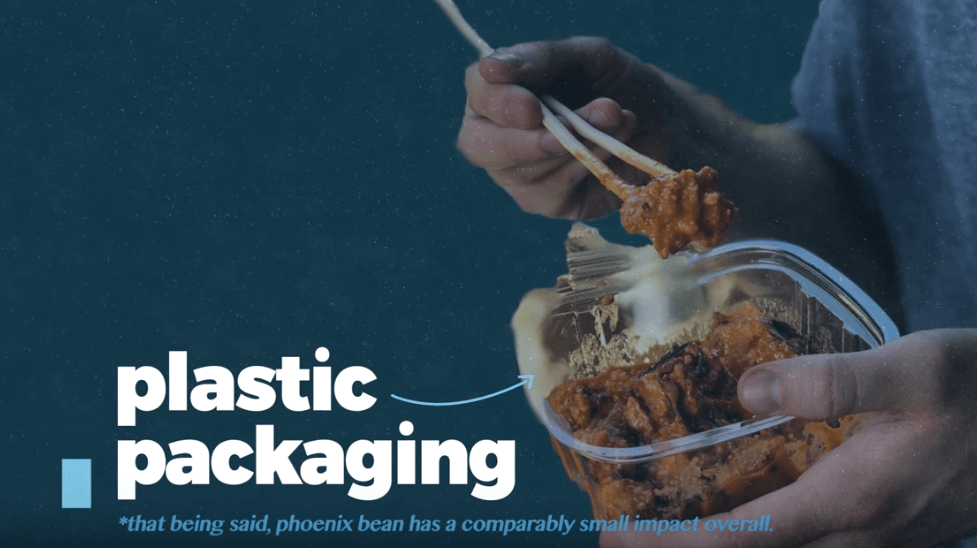
I’ve tried many times to minimize my waste, through challenges, experiments, and all-out bans, but it’s really hard in a world where so much is packaged in plastic, from tofu to produce to batteries.
Our Changing Climate series
This post is part of a new series created by ethical.net in partnership with Our Changing Climate: an environmental YouTube channel that explores the intersections of social, political, climatic, and food-based issues. Get early access and support this important research by becoming a patreon.
When it comes to trash, I always set out with lofty goals trying to match zero waste internet influencers that jam years worth of trash into a single mason jar, but I consistently fall short.
Eliminating all of my garbage, or going zero waste as it’s come to be known, has always felt unachievable.
Is zero waste effective?
Today, I want to explore how effective going Zero waste is a solution to our global waste problem, and whether there are viable and possibly better alternatives for zero waste for those simply unable to do it.
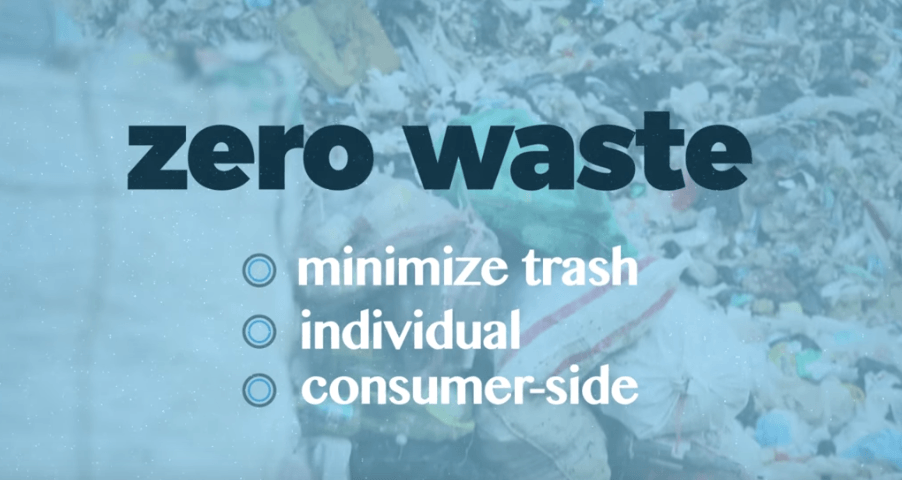
At its core, zero waste is an individual, consumer-side solution. It seeks to tackle the growing issue of waste by minimizing the number of materials people create that eventually end up in landfills and recycling centers.
Often the viral image that epitomizes this zero waste movement is a mason jar full of little pieces of garbage. For Lauren Singer, a zero waste influencer, one mason jar equates to roughly four years worth of trash. 👇
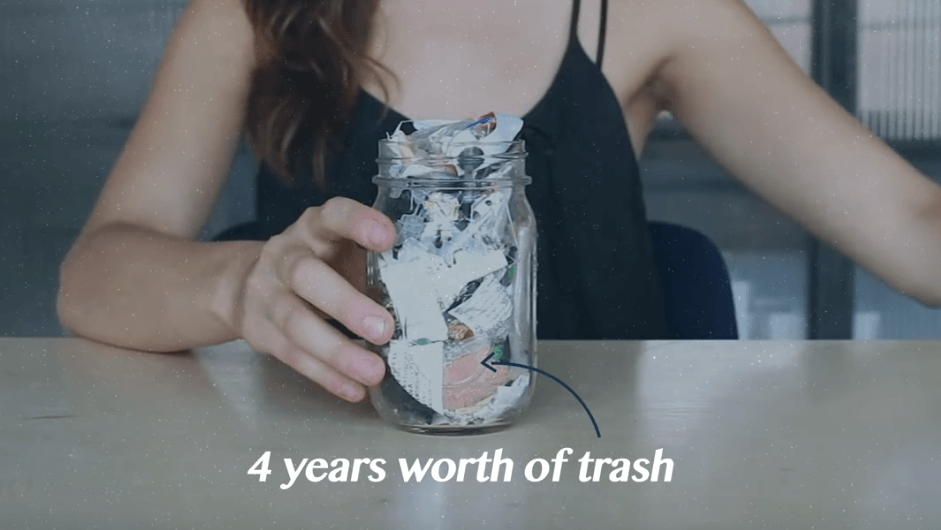
But of course, you can never truly bring your impact down to zero. Your actions and lifestyle will always carry some magnitude of environmental consequence. For low or zero waste folks, the majority of their impact gets shifted onto the manufacturing side of the product.
Packaging bulk items
Bulk items still require packaging, fuel emissions, and waste to store, ship, and contain them. Pears are a prime example. To keep them fresh, each pear is usually individually wrapped and stored in a crate.
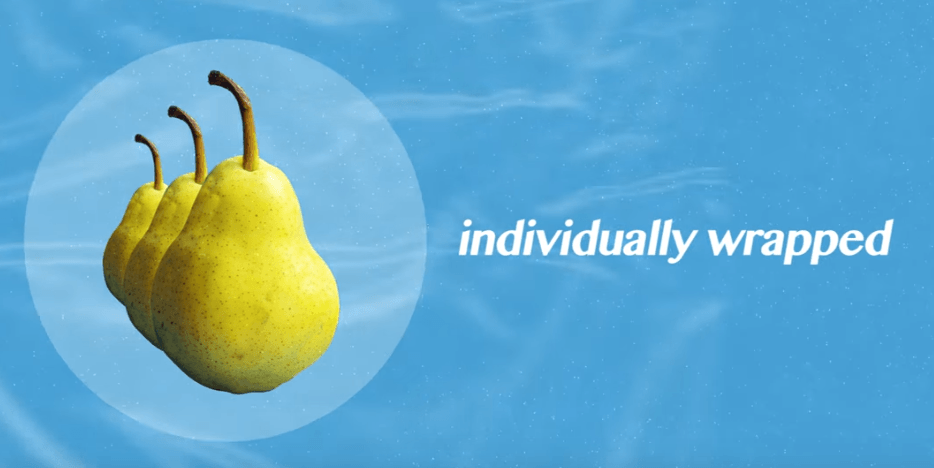
They are then shipped through a chain of warehouses and eventually to a grocery store and all of those little pieces of paper alongside any of the plastic used in the process get thrown in the trash. 🚮
And the pears in the grocery store seem like there’s no packaging around them. But for many, this process is out of sight and out of mind.
Minimizing and eliminating the visible waste
The idea behind zero waste, then, is to minimize and eliminate the visible waste that we have immediate control of.
So in that sense, those that can drastically reduce their waste are achieving their goal. But for many, the barriers to entry for zero waste are just too daunting.
Many don’t have or can’t afford reusable items to replace plastic, or for hygienic and medical reasons, single-use plastic items are necessary.
For me, going zero waste has been incredibly hard to start, especially when there are very few bulk bin stores in my immediate vicinity.
Essentially, to stay true to a zero waste lifestyle, you need to have ample time, effort, and money. But in some ways, this is not the fault of the zero waste movement. Indeed they have done good work in spotlighting our excessive relationship with waste. 📣
Instead, going zero waste is so hard because we have built our global economy around the idea that the consequences of single-use items are minimal and that our trash just magically disappears after it hits the garbage can.
The seemingly unattainable rules of zero waste combined with the fact that the majority of the world is wrapped up in some kind of package means that many people, especially me, are discouraged from even attempting to go zero waste.
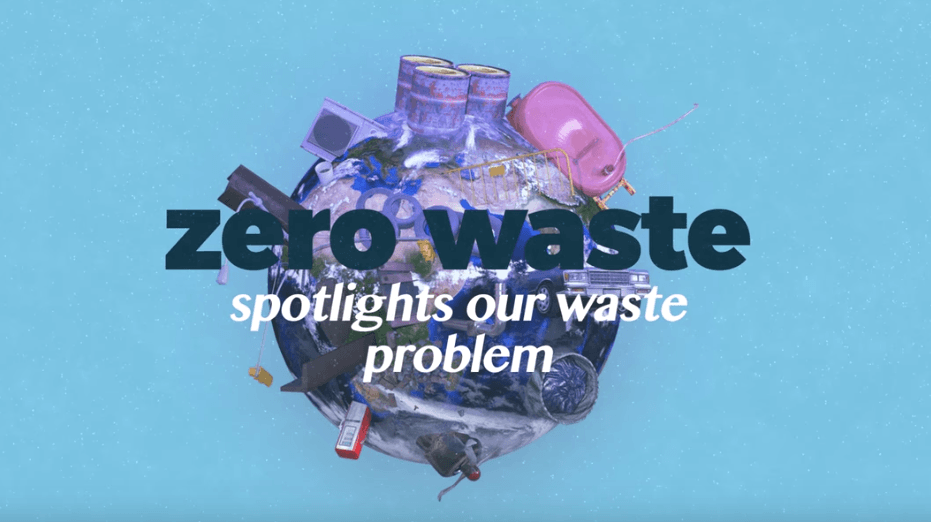
Zero waste, then, should be more than just producing absolutely no waste.
Instead, an emphasis on ✔️ bringing more people in and ✔️ helping them develop a better relationship with their waste stream seems like a much better approach than seeking the perfection of no waste.
Are there more accessible alternatives?
Mat and Danielle on their Exploring Alternatives YouTube channel say that there are. Among them, Danielle suggests that you go to the source of where the trash is being generated.
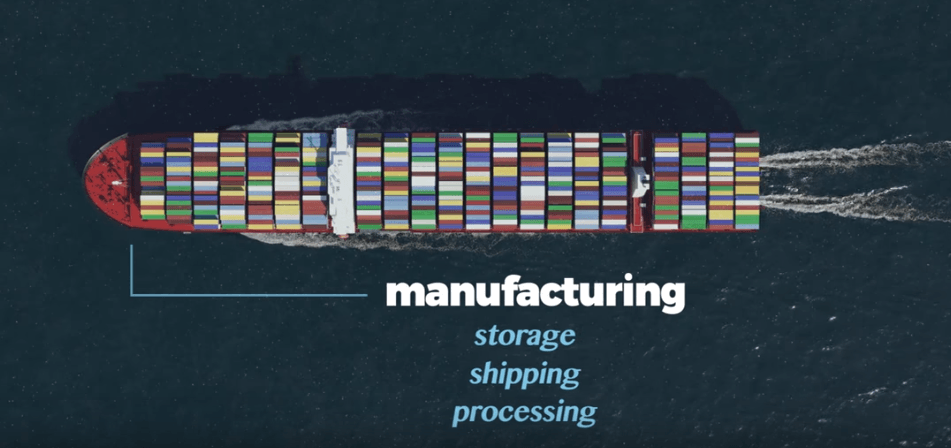
👉 In addition to avoiding some packaging in your own life, if you reach out and work with companies or stores to minimize their use of unnecessary packaging, then you could potentially make it much easier for others to reduce their waste.
The overarching point is this: while zero waste does reduce your impact, you could potentially create greater environmental change by addressing structural issues, like petitioning for a composting service in your area. 💡
For those that are able, zero waste can be an important way to change and challenge their relationship with trash, but a successful approach to global waste issues needs to encompass more than just individual approaches.
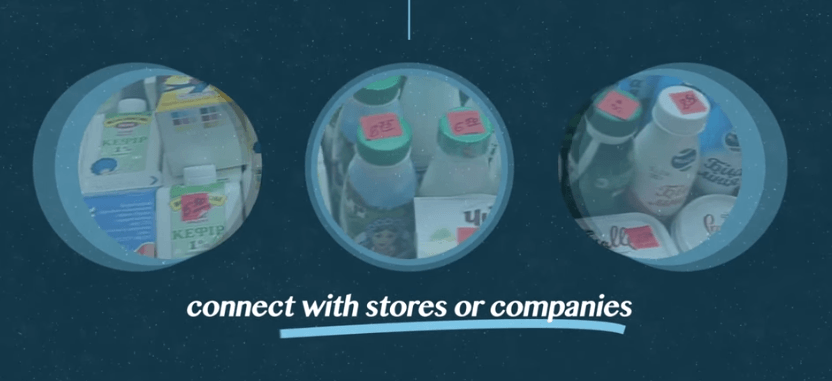
Reimagining waste streams
Indeed, structural solutions, like reimagining waste streams and working with companies to eliminate unnecessary packaging are essential to creating a world in which it’s easy to ethically coexist with our surrounding environment.
Watch the video essay here ⤵️
Resources:
1. Zero Waste Is Not the Only Solution (Exploring Alternatives via YouTube)
2. Why Is “Zero Waste” Still a Thing!? (Vegan Earth & Soul via YouTube)
3. The zero-waste movement is coming for your garbage (Vox)
4. Why buying plastic-free groceries is so hard (CBC News via YouTube)
5. The complicated gender politics of going zero waste (Vox)


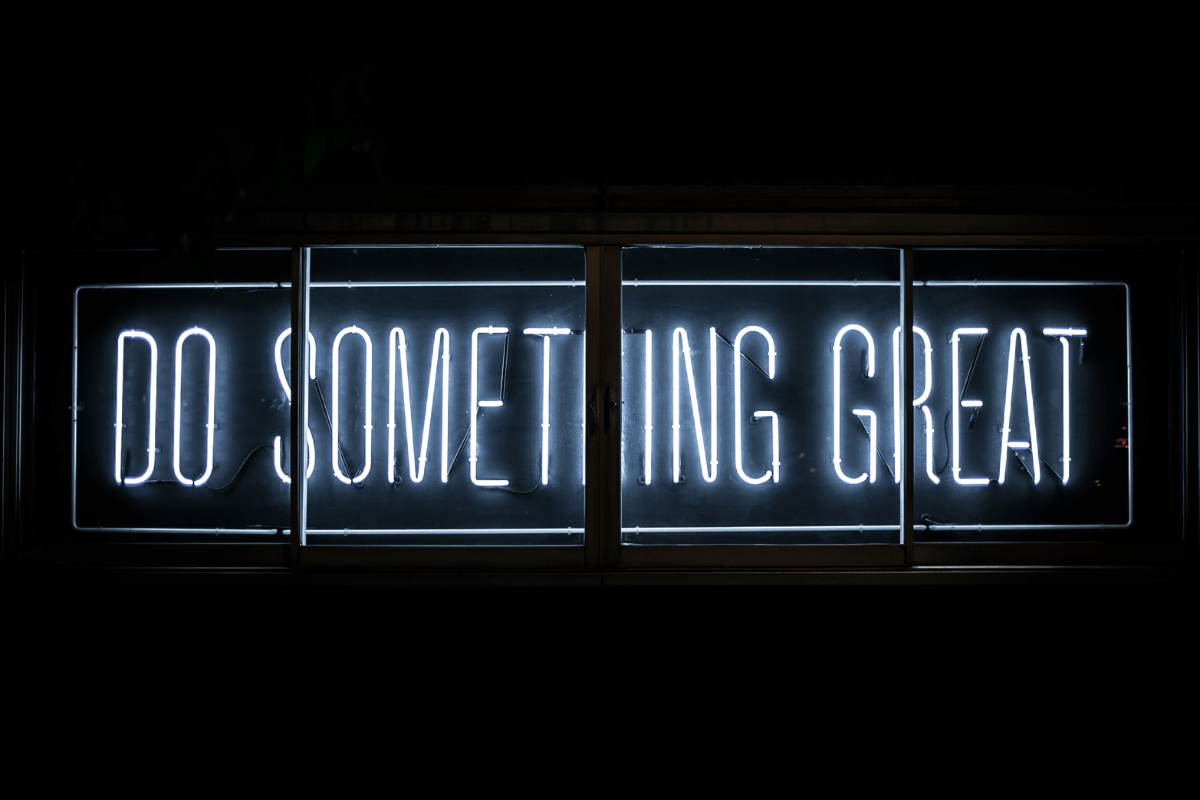
Leave a Reply